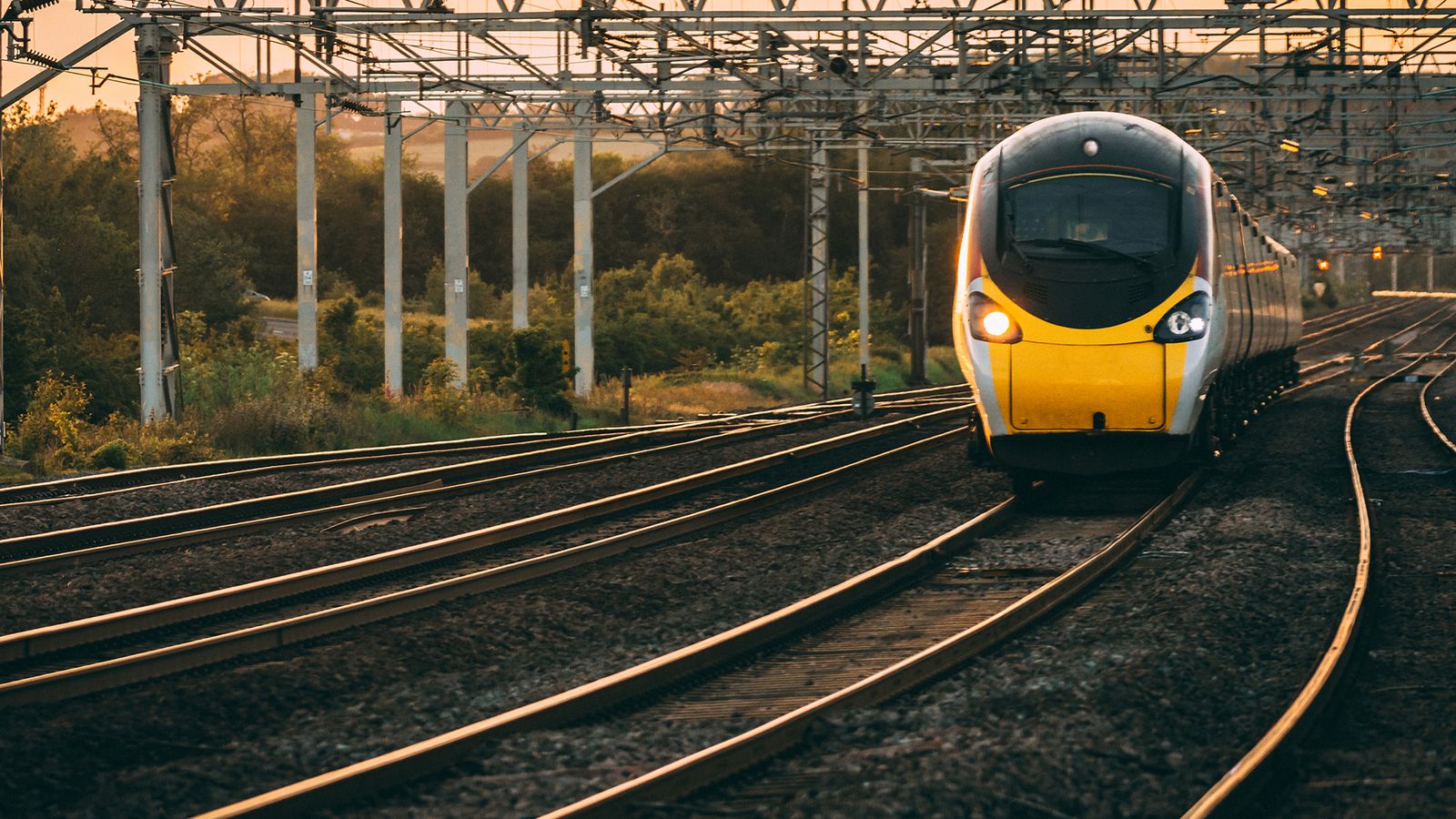Fifteen years of stagnant incomes have left families “brutally exposed” to the cost of living crisis, a report has found.
Many families have been unable to build up the savings needed to cope with growing prices this year, according to the Resolution Foundation think tank.
In the 15 years leading up to the pandemic, the average income of working-age families grew by only 0.7% a year.
This is far slower than in previous decades.
From 1961 to 2005, typical household incomes rose by 2.3% per year on average, or 25% each decade.
More than one in four families have less than a month’s worth of a financial buffer in savings and face a weak social safety net to fall back on, with basic unemployment support now down to its lowest level on record at 13% of average pay, the analysis found.
The typical incomes of the poorest fifth of the population did not increase between 2005 and 2020.
Fuel price protesters bring parts of motorways to standstill as police ‘aware’ of driving offences
‘Serious disruption’ to roads including M4 and M5 as protesters use go-slow roadblocks to target motorways over fuel duty
Childcare changes to help tackle cost of living ‘not a silver bullet or panacea’, says minister
This was despite GDP per person going up by 12% during the same period.
The report found that those in rental accommodation and with young children were hit hardest by low incomes.
On the eve of the pandemic, the typical household income of families in social accommodation was 37% below average, while for those renting privately it was 24% lower.
The figures for single parents and those with children under 5 were 35% and 20% lower respectively.
Listen and subscribe to The Ian King Business Podcast here.
Adam Corlett, principal economist at the Resolution Foundation, said: “Households across Britain – and across many other countries – are currently grappling with high levels of inflation that we haven’t seen for generations.
“But while many of the causes of the current crisis are global in nature, it is Britain’s recent history of low income growth and high inequality that has left so many households really struggling to cope.
“Britain’s poor recent record on living standards – notably the complete collapse of income growth for poor households over the past 20 years – must be turned around in the decade ahead.
“To do that, we must address our failure to raise pay and productivity levels, strengthen our social safety net, reduce housing costs and build on what we’ve done well – such as boosting employment for lower-income households.”
Prices in the UK are rising at their fastest rate in 40 years, with inflation hitting 9.1% in the year to May.
The Bank of England has warned that inflation is expected to reach 11% in the autumn.








